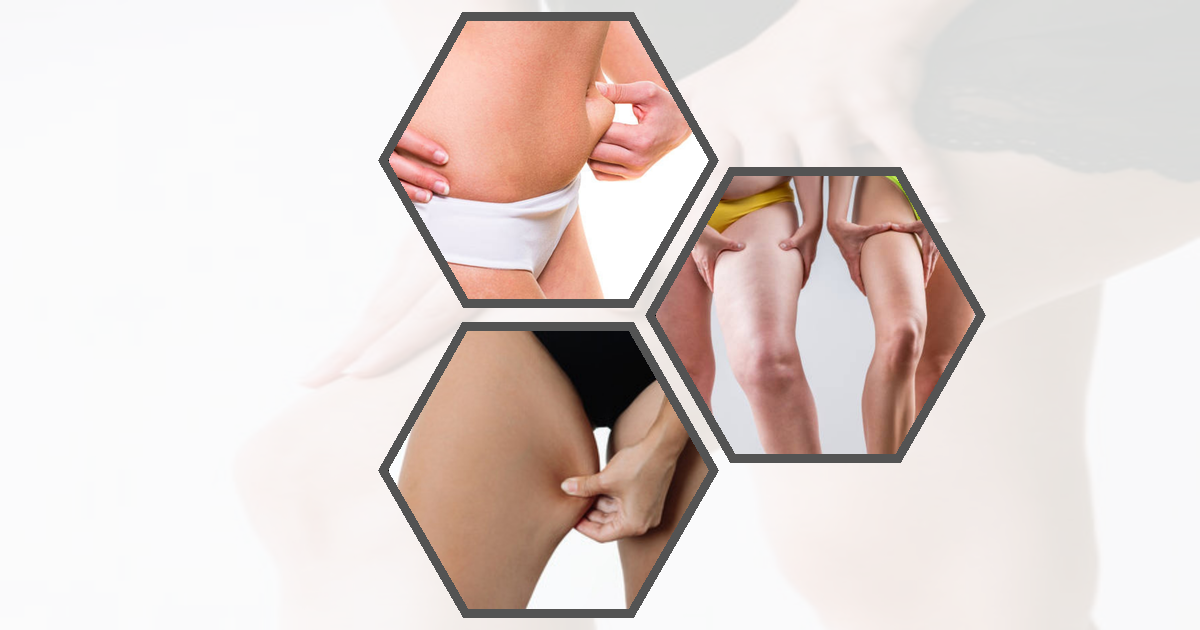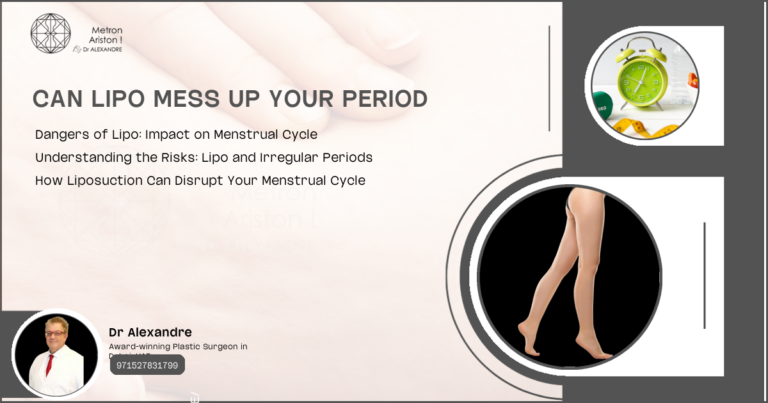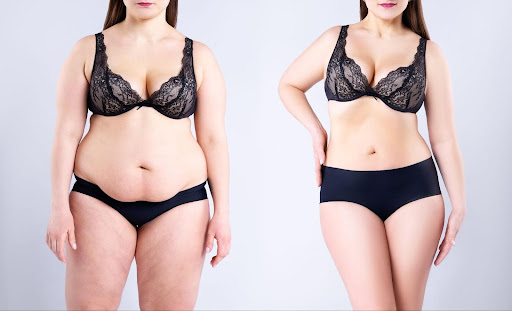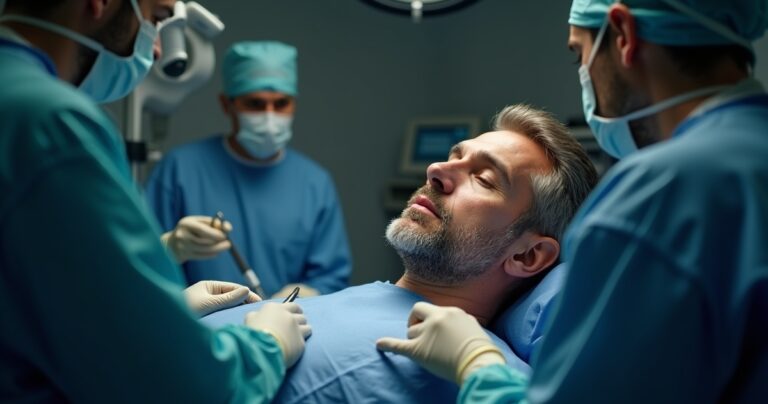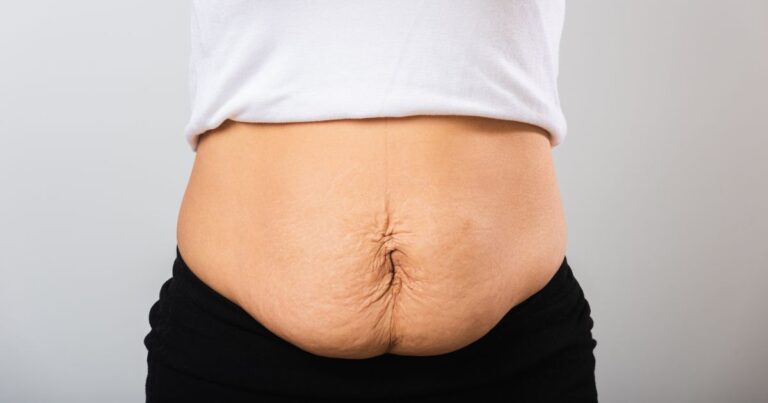Can Liposuction Lower Cholesterol? Exploring the Potential Health Benefits
Liposuction is a popular cosmetic procedure known for its ability to remove excess fat and contour the body. However, many people wonder, “Can liposuction lower cholesterol?” and “Does liposuction lower cholesterol?” This article delves into these questions, exploring the potential health benefits of liposuction beyond its aesthetic appeal.
Does Liposuction Lower Cholesterol?
Liposuction primarily targets subcutaneous fat, which is the fat located just beneath the skin. While it is not specifically designed to lower cholesterol levels, some studies suggest that liposuction may have an impact on certain blood lipid levels. Understanding the link between liposuction and cholesterol levels is crucial for those considering the procedure for health reasons.
Understanding the Link Between Liposuction and Cholesterol Levels
Liposuction removes fat cells, which can lead to changes in the body’s metabolism. This alteration may indirectly affect cholesterol levels. However, the relationship between liposuction and cholesterol is complex and not fully understood. More research is needed to establish a direct connection.
Recent Studies on Liposuction and Triglyceride Reduction
Recent studies have shown that liposuction can lead to a reduction in triglyceride levels, a type of fat found in the blood. High triglyceride levels are associated with an increased risk of heart disease. While these findings are promising, they do not directly answer whether liposuction lowers cholesterol.
- Liposuction targets subcutaneous fat, not visceral fat.
- Some studies suggest a reduction in triglyceride levels post-liposuction.
- More research is needed to confirm the impact on cholesterol levels.
The Science Behind Liposuction and Cholesterol
Understanding how liposuction affects fat cells and metabolism is key to exploring its potential impact on cholesterol and overall cardiovascular health.
How Liposuction Affects Fat Cells and Metabolism
Liposuction removes fat cells from specific areas of the body, which can lead to changes in how the body processes fats. This can potentially influence cholesterol levels, although the exact mechanisms are not yet clear.
Potential Impact on Cardiovascular Health
By reducing fat deposits, liposuction may contribute to improved cardiovascular health. However, it is important to note that liposuction is not a substitute for a healthy lifestyle, which is essential for maintaining heart health.
- Liposuction removes fat cells, altering fat metabolism.
- Potential indirect effects on cholesterol and cardiovascular health.
- Not a replacement for diet and exercise in heart health management.
Liposuction and Triglyceride Levels
While cholesterol and triglycerides are both types of fats found in the blood, they serve different functions and have different implications for health.
Triglycerides vs. Cholesterol: What’s the Difference?
Triglycerides store unused calories and provide energy, while cholesterol is used to build cells and certain hormones. High levels of either can increase the risk of heart disease, but they are distinct in their roles and effects.
ASPS Study Findings on Reduced Triglyceride Levels After Liposuction
A study by the American Society of Plastic Surgeons (ASPS) found that patients who underwent liposuction experienced a significant reduction in triglyceride levels. This suggests that liposuction may have benefits beyond cosmetic improvements.
- Triglycerides and cholesterol have different roles in the body.
- ASPS study shows reduced triglyceride levels post-liposuction.
- Potential health benefits beyond aesthetics.
Does Liposuction Improve Overall Health?
Liposuction can offer benefits beyond cosmetic improvements, but its impact on overall health varies.
Liposuction primarily targets fat removal for aesthetic purposes, but it may also offer some health benefits. These benefits can include improved self-esteem and potential metabolic changes. However, the long-term effects on overall health are still being studied.
Potential Benefits Beyond Cosmetic Improvements
While liposuction is primarily a cosmetic procedure, it can lead to improved self-esteem and body image, which can have positive effects on mental health and overall well-being.
Long-Term Effects on Metabolism and Body Composition
The long-term effects of liposuction on metabolism and body composition are not fully understood. Some studies suggest potential metabolic benefits, but more research is needed to confirm these findings.
- Liposuction can improve self-esteem and body image.
- Potential metabolic benefits are still under study.
- Long-term effects on health require further research.
How Much Fat Can Be Removed Through Liposuction?
The amount of fat that can be safely removed during liposuction varies based on several factors.
The safe limit for fat removal during liposuction is typically between 5 to 10 pounds. However, this can vary depending on the individual’s health, body composition, and the surgeon’s recommendations.
Safe Limits for Fat Removal During Liposuction
Surgeons generally recommend removing no more than 5 to 10 pounds of fat during a single liposuction session to minimize risks and complications.
Factors Affecting the Amount of Fat That Can Be Removed
Factors such as the patient’s overall health, body composition, and the specific areas being treated can influence the amount of fat that can be safely removed.
- The safe fat removal limit is 5 to 10 pounds.
- Patient health and body composition affect removal limits.
- Surgeon recommendations are crucial for safety.
Combining Liposuction with Lifestyle Changes
To maximize the health benefits of liposuction, it should be combined with healthy lifestyle changes.
Maximizing Health Benefits Through Diet and Exercise
Incorporating a balanced diet and regular exercise can enhance the results of liposuction and contribute to overall health and well-being.
Dr. Alexandre’s Approach to Holistic Patient Care
Dr. Alexandre emphasizes the importance of a holistic approach to patient care, combining liposuction with lifestyle changes for optimal health outcomes.
- Diet and exercise enhance liposuction results.
- A holistic approach improves overall health.
- Dr. Alexandre advocates for combining procedures with lifestyle changes.
Are the Effects of Liposuction on Cholesterol Permanent?
The effects of liposuction on cholesterol levels may not be permanent and can vary based on individual factors.
The impact of liposuction on cholesterol levels is not permanent and can change over time. Maintaining a healthy lifestyle is essential to sustain any potential benefits.
Long-Term Studies on Cholesterol Levels Post-Liposuction
Long-term studies on the effects of liposuction on cholesterol levels are limited. More research is needed to understand the lasting impact of the procedure.
Maintaining Results Through Healthy Habits
Adopting healthy habits, such as a balanced diet and regular exercise, is crucial for maintaining the results of liposuction and supporting overall health.
- Liposuction effects on cholesterol may not be permanent.
- Long-term studies on cholesterol levels are limited.
- Healthy habits are essential for maintaining results.
Liposuction Techniques and Their Impact on Health Outcomes
Different liposuction techniques may have varying effects on health outcomes.
Comparing Traditional and Advanced Liposuction Methods
Traditional liposuction involves manual fat removal, while advanced techniques, such as laser-assisted liposuction, use technology to enhance results. The choice of technique can influence health outcomes.
Does Liposuction Lower Cholesterol More Effectively with Certain Techniques?
There is no conclusive evidence that one liposuction technique is more effective than another in lowering cholesterol. The choice of technique should be based on individual needs and surgeon recommendations. Liposuction redistributes fat by removing excess fat from specific areas of the body This procedure can help reshape and contour different body parts for a slimmer appearance Liposuction slims body by removing extra fat from specific areas It helps people get a thinner shape without diet or exercise
Fat removal constraints Some things make it hard to get rid of fat in our bodies like age and genes which we cannot change easily Liposuction ineffective cellulite
Liposuction fitness consequences Removing fat through surgery does not improve overall fitness and may lead to weight gain if healthy habits are not maintained after the procedure Lipo fat limits are the maximum amount of fat that can be safely removed during liposuction surgery Doctors set these limits to protect patients and ensure the best results from the procedure
Lymphedema liposuction potential offers hope for reducing swelling in arms and legs This special surgery might help remove extra fluid and fat to make limbs smaller and more comfortable Chin lipo beverages are special drinks that claim to help reduce fat under the chin These drinks are marketed as a way to get a slimmer jawline without surgery
UAE cosmetic surgery offers advanced beauty treatments to enhance appearance People visit Liposuction scars fade over time as your body heals The small marks from the procedure become less noticeable with proper care
- Traditional vs. advanced liposuction methods.
- Technique choice affects health outcomes.
- No evidence that technique impacts cholesterol reduction.
The Future of Liposuction in Metabolic Health Management
Ongoing research and clinical trials are exploring the potential applications of liposuction beyond cosmetic surgery.
Ongoing Research and Clinical Trials
Researchers are investigating the potential metabolic benefits of liposuction, including its impact on cholesterol and diabetes risk. These studies may lead to new applications for the procedure.
Potential Applications Beyond Cosmetic Surgery
As research progresses, liposuction may be used as a tool for managing metabolic health, offering benefits beyond its traditional cosmetic applications.
- Research explores the metabolic benefits of liposuction.
- Potential new applications in health management.
- Liposuction may extend beyond cosmetic uses.
FAQ’s
Does liposuction directly lower cholesterol levels?
Liposuction is not designed to lower cholesterol. It removes subcutaneous fat (fat beneath the skin) but does not affect visceral fat, which plays a significant role in cholesterol levels and overall heart health.
Can liposuction improve overall health?
While liposuction can enhance body contour and self-confidence, its impact on overall health, including cholesterol, is indirect. A healthy diet and regular exercise are more effective for managing cholesterol and improving health.
Is there a link between fat removal and cholesterol reduction?
Liposuction removes fat deposits but does not target the fat that influences cholesterol levels (e.g., visceral fat around organs). However, the improved appearance may motivate healthier lifestyle changes, potentially aiding in cholesterol management.
What are the long-term health benefits of liposuction?
Liposuction is primarily cosmetic, but for some patients, it can lead to better mobility, increased motivation to maintain a healthy weight, and improved mental health, which indirectly supports overall well-being.
Are there other procedures that can help with cholesterol management?
Yes, non-surgical interventions like dietary adjustments, exercise, and medication are more effective for managing cholesterol. Liposuction is not a substitute for these health-focused treatments.


